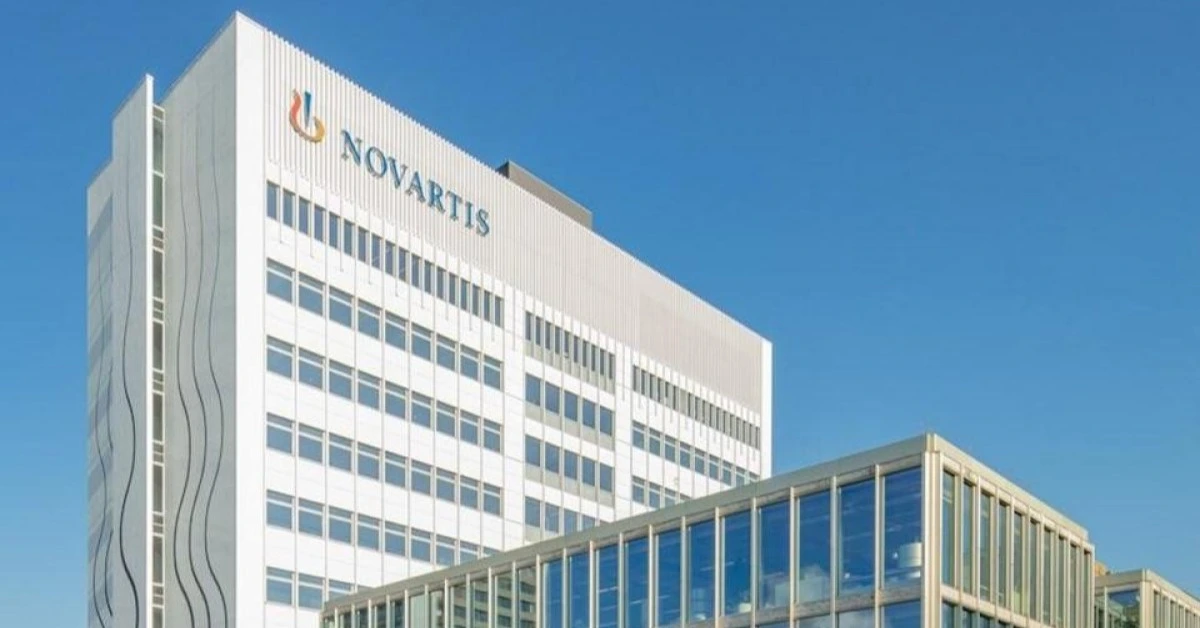
SWITZERLAND – Novartis has acquired Anthos Therapeutics, a clinical-stage biopharmaceutical company, for up to US $3.1 billion.
The deal includes an upfront payment of US $925 million, with additional payments contingent on regulatory and sales milestones.
Anthos Therapeutics, established in 2019 through a collaboration between Blackstone Life Sciences and Novartis, focuses on developing innovative therapies for cardiovascular diseases.
Its lead candidate, abelacimab, is a monoclonal antibody targeting Factor XI, a protein involved in blood coagulation.
Abelacimab is currently in Phase 3 clinical trials for preventing stroke and systemic embolism in patients with atrial fibrillation, as well as for preventing blood clots in cancer patients.
The acquisition aligns with Novartis’s strategy to enhance its cardiovascular drug pipeline, especially as it faces upcoming patent expirations for its heart failure medication, Entresto.
By reintegrating abelacimab into its portfolio, Novartis aims to offer a novel treatment option for patients at risk of thromboembolic events.
The transaction is expected to close in the first half of the year, subject to customary closing conditions.
Upon completion, Novartis plans to leverage its global development and commercialization capabilities to advance abelacimab and address significant unmet needs in cardiovascular care.
Innovations in anticoagulant therapies
The anticoagulant market is witnessing significant advancements as both established pharmaceutical giants and innovative biopharmaceutical companies strive to develop safer and more effective therapies for preventing and treating thromboembolic disorders.
Cadrenal Therapeutics is at the forefront with tecarfarin, a novel oral and reversible anticoagulant. Tecarfarin is designed to prevent heart attacks, strokes, and deaths due to blood clots in patients with rare cardiovascular conditions.
The company aims to address the limitations of current anticoagulants, such as drug-drug interactions and the need for frequent monitoring, by offering a more predictable pharmacokinetic profile.
In recognition of its innovative approach, Cadrenal Therapeutics was named “Anticoagulation Therapy Company of the Year” by Pharma Tech Outlook.
This accolade highlights the company’s commitment to developing potentially safer and superior anticoagulants for patients with implanted cardiac devices and rare cardiovascular conditions.
Another notable player, Helixomer, secured a US $2 million grant from the National Institutes of Health in 2023 to advance its RNA-based anticoagulant and corresponding reversal agent.
Helixomer’s approach aims to offer more predictable anticoagulation effects and the advantage of specific antidotes, potentially enhancing patient safety during treatment.
Established pharmaceutical companies continue to make significant contributions to anticoagulant development. For instance, Bayer developed lepirudin, a direct thrombin inhibitor approved in the late 1990s for patients with heparin-induced thrombocytopenia.
Additionally, companies like Pfizer, Sanofi, GlaxoSmithKline, and Daiichi Sankyo are actively involved in the anticoagulant market, developing various therapies to address thromboembolic diseases.
XRP HEALTHCARE L.L.C | License Number: 2312867.01 | Dubai | © Copyright 2025 | All Rights Reserved